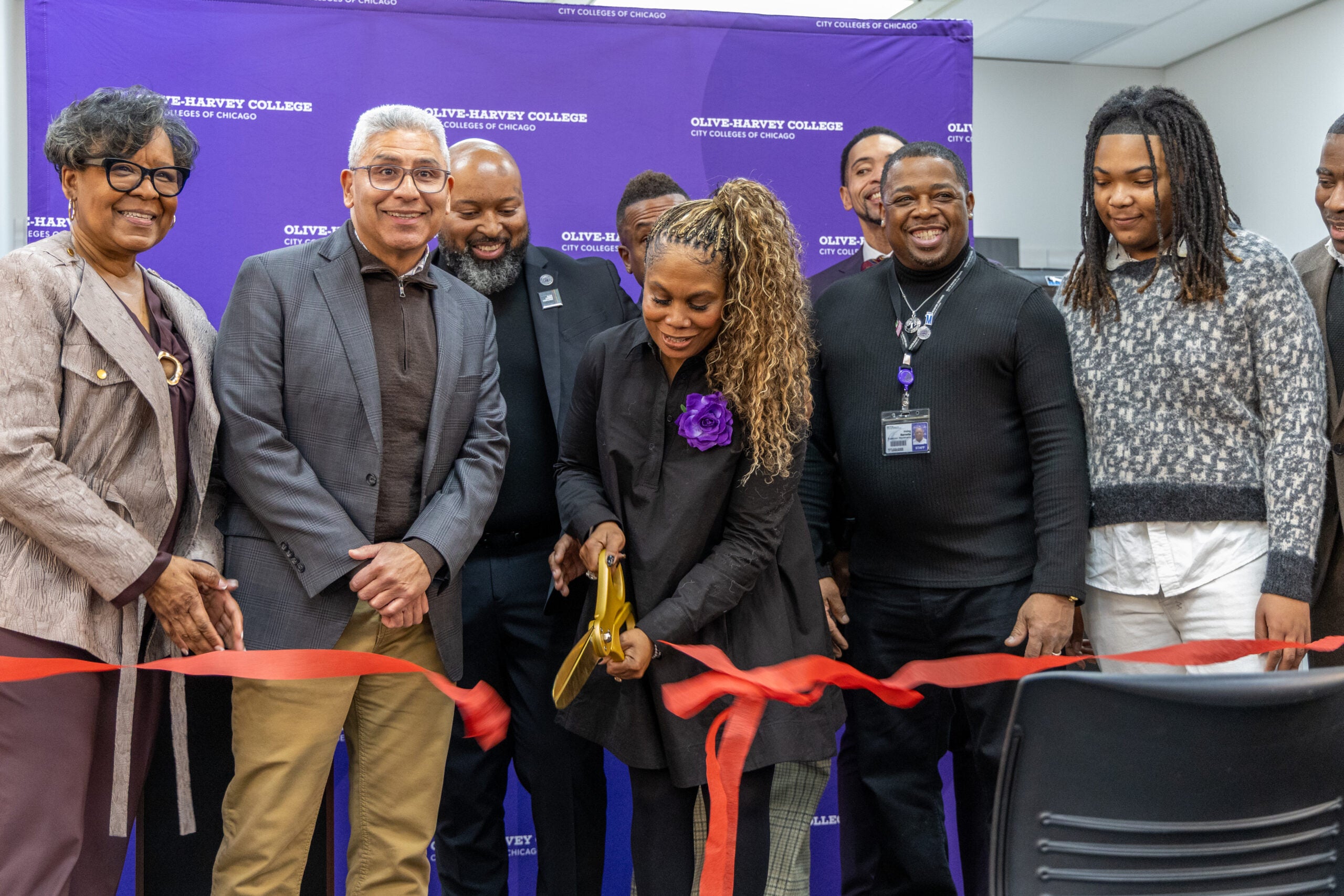This month, I’m dedicating space to a significant retention and completion initiative underway as a districtwide collaborative effort: strategic year-long scheduling.
We are building our capacity to create class schedules that meet student needs, and we are committed to an approach that puts students first when deciding which classes to offer, when to offer them, and in which modality to offer them.
Why are we doing this?
Too many students cannot find the classes they need and at the times they are able to take them, preventing progress in their programs of study. For City Colleges to achieve its completion and equity goals, this is a problem that needs to be solved.* Faculty and students alike will benefit from minimizing the last-minute scramble every semester to add class sections in some areas while cancelling classes in other areas. Strategic, data-informed scheduling at the outset will smooth the run-up to the start of our terms, reduce the disruption of misaligned schedules, and result in greater confidence that our class schedules reliably meet students’ needs.
What are we doing?
There are three components to this initiative.
- We will use data and analytics to create schedules that meet students’ needs and better facilitate completion of students’ programs of study within the timeframe they set out to complete.
- We will begin year-long scheduling, wherein every spring, students will see schedules and be able to enroll in classes for the following summer, fall, and spring.
- We will designate guaranteed-to-run classes so that when students enroll in them, they will know that there will not be last-minute changes to their schedules.
How are we doing this?
There are multiple work streams in place to arrive at full implementation of strategic year-long scheduling. At present, colleges teams are beginning to use data insights on class fill rates from Decision Support and analytics from 25Live, our new room scheduling software, to refine their Spring 2024 schedules. Colleges are also identifying guaranteed-to-run classes in the Spring schedule among English, math, IAI, and career courses. Then, in late September, colleges will begin developing their year-long schedules encompassing Summer 2024, Fall 2024, and Spring 2025. After each scheduling cycle, we will learn from our experiences, build our knowledge base and our ability to use the available tools, and recommit to building schedules that meet student needs.
This will mean that some classes will be scheduled at different times or in different modalities than how they have previously been scheduled. But it also means that students will better be able to find the classes they need at the times they can take them and complete their programs in the timeframe they set out to do so. I am confident that City Colleges and the students we serve will be stronger as we move through this process together.
* As a reminder, City Colleges’ completion and equity goal is a universal four-year outcomes completion rate of 55% by 2032. This means that students in all race and ethnicity groups will either complete their credential or transfer to a Bachelor’s granting institution within four years of starting at City Colleges at the rate of 55%.





